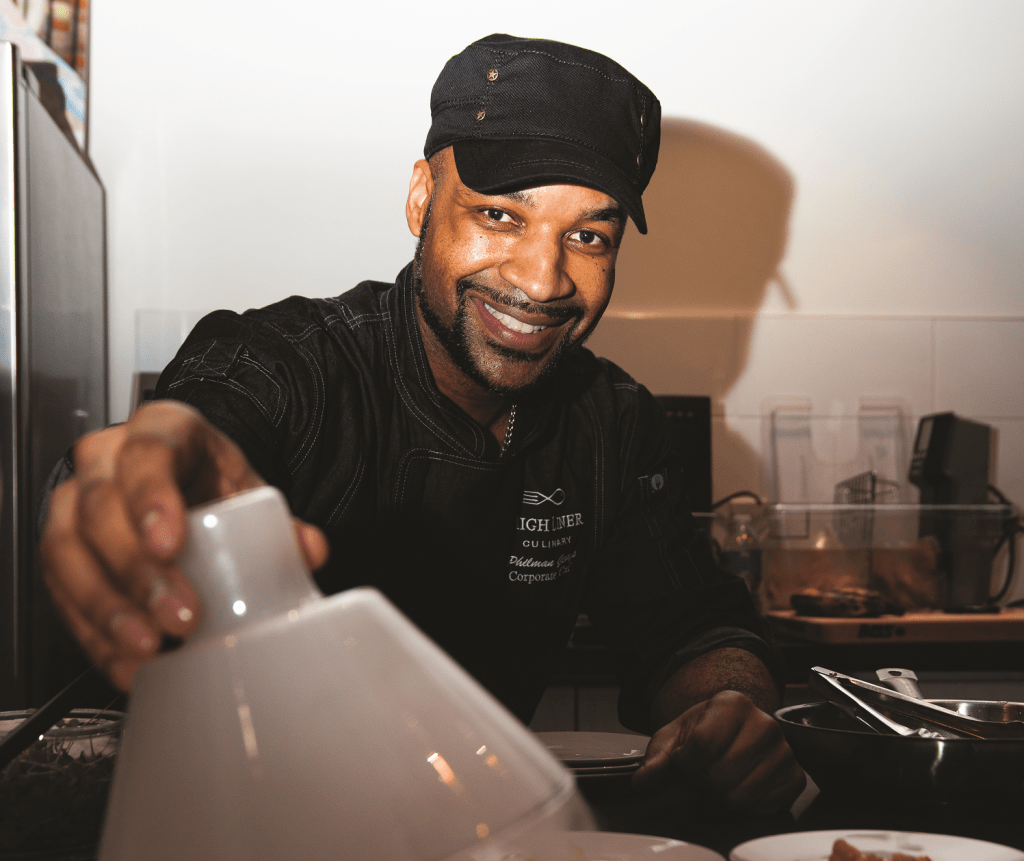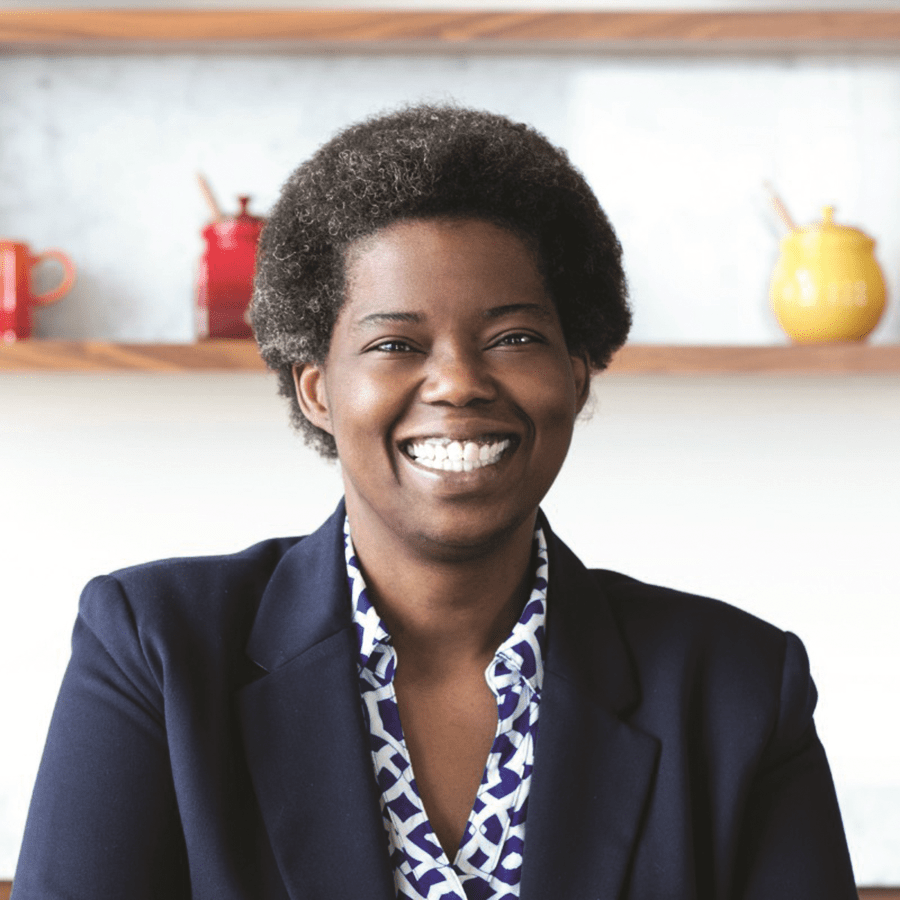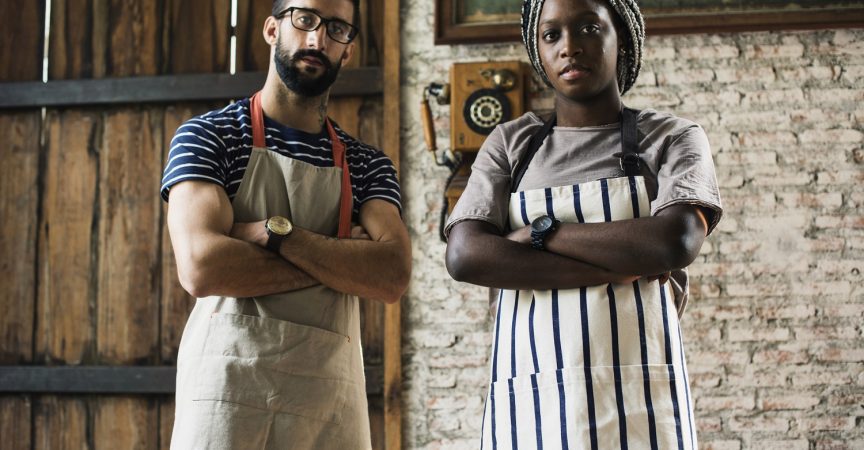Back to Square One: How and where do we begin to address racism in the industry?
The year 2020 has left many of us with the sense of living through ominously historical times—against the backdrop of a global pandemic, our societies’ deepest scars have become open wounds. The pain from these injuries can no longer be ignored. Injuries that have manifested in grief and rage; grief for Missing and Murdered Indigenous Women (MMIW), for Breonna Taylor, George Floyd and countless others. For BIPOC members of our society and industry, racism, discrimination and inequity are not new experiences. Systemic racism and its roots in our institutions are not new realizations. I’m a woman of European descent, a settler, therefore, I don’t include my opinions in this article. I’ve spoken to two industry veterans willing to give me their viewpoints. It’s important to note, however, though we should not be afraid to ask questions in order to build a better industry, our BIPOC colleagues are not only representatives of their respective cultures, but multifaceted human beings. We shouldn’t forget this when approaching these issues as journalists. Education, research, acknowledgment, compassion, understanding, honesty and self-awareness: these are the overarching principles that we should employ in our collective approach to dismantling system racism. We all have a role to play.
Industry veterans Philman George and Michelle Caine, along with Black Foodie and Restaurants Canada are tackling systemic racism in the food industry. Through research, they’re identifying structures so deeply rooted that looking at the data alone does not paint the full picture. They’re matching data with experiences, and identifying barriers in front of certain groups. The following are their thoughts, observations, anecdotes and points to consider…in their words:
Philman George a.k.a. ‘The Rhyming Chef’, Corporate Chef at High Liner Foods

“You look at this systemic problem and the first thing is just addressing it, right. Just, acknowledging that it exists is huge. I’m seeing more of that acknowledgment now. As we look at it from the food lens, tackling systemic racism means examining issues that go far beyond the confines of a restaurant.
“When it comes to food and we think about all of the touchpoint institutions like school education outward, how we’re taught, the biases that exist, it stems into a lot of other areas. Think about people applying for loans to open up their restaurant and the bias that may be in the loan officer. So many of us have been educated through a flawed education system making this such a complex issue. Like, it’s hard to narrow in on a branch when you really should be looking at the root. These systemic structures are buried deep in our foundations.
“If you look at Canada and how it was colonized, it was done from a place of ‘superiority.’ [How we treated First Peoples] their culture was devalued and a new one was imposed on them. This mindset of ‘superiority’ has laid the foundations for the systemic structures that exist across all of our institutions in Canada.
“And I can only speak from my experience. My schooling, it was very much from a European base. This world is structured where Europeans have a lot of dominance. We need to re-examine our culinary curriculum and also re-examine how it’s implemented. If we, as chefs, we gotta learn the mother sauces and all types of culinary foundations that stem from European influences, is the teacher doing a good enough job to connect the dots, you know, connect the cultures, right? For example, we’re using clarified butter. Well, there’s a perfect time for the instructor to draw the connection between clarified butter and Ghee, which is used a lot in South Asian cuisine.
“BIPOC: we have been advocating for our rights for decades. And it feels like, like finally everybody’s paying attention, but you should have been paying attention a long, long time ago. So, you can imagine the amount of overload. We are the victims of systemic racism yet we have to continue to educate and help break down a system that we didn’t create. That’s a heavy burden. This burden needs to be shared. Through Restaurants Canada we’re going to be able to have these conversations on bigger platforms, bigger stages. We’re going to make some changes; I’m thinking about the food industry landscape as a whole.”
Michelle Caine, Chair of Hospitality Management at Centennial College

“When I speak, it’s from my experience and what I’ve learned over the years. I have a different experience than the millions of [other Black women]. And so when I hear ‘Black Lives Matter,’ when I hear ‘social change,’ we all have our own stories and experience. But, there’s also the opportunity to be a collective voice.
[Where is the representation in upper management? On boards? As executives in the food industry?] “From my experience it comes down to education versus industry. I think that I have seen more [diverse female] leaders including management and executives in education than I have in industry. When I came into this role, I wasn’t the first, I didn’t break any barriers. My predecessor was a Black woman who had an esteemed career at hotels before she was an academic. I definitely saw more senior leaders in education than I did in industry. In industry, I see more diversity in entry-level and guest-facing positions. “As educators, the systemic part is on us, on colleges and university. We have a lot of work to do as everyone does. I know there has been some criticism, especially when it comes the colonial way of cooking or the European way of cooking. If that helps to teach the basics, teach the basics, it’s on us to hire [diverse] chefs, to now take those basics and add flair to it and understand different cultures so you can speak to it.
“It’s so complex. You talk about race…you talk about generations, [it’s] very different in how we grew up with different race. I don’t have any children, but raising a Black male in either Canada or the US is still a totally different thing. Like, yes, my cousins had the speech ‘do not argue with the police,’ ‘just answer the question,’ ‘don’t try to prove that you are right in the field. Wait till you’re in a court of law.’ All Black males and my cousins [heard that speech]. My uncle had the speech, you know, ‘Respect them. Whether they disrespect you, you respect them because I want you to come home.’
“It can be very overwhelming…I was on LinkedIn, and, you know, there are still panels and interviews that have very white male leadership, but I’m optimistic about hospitality. I’m optimistic about our industry, about academics.
“And so what can we change in people’s hearts? I don’t know. I’m coming from a place, a place of faith myself. So I’m going to try to do what I can do to be good and to offer good and still be a human being and have emotions and get frustrated and all that sort of stuff, but also be somewhat accepting. One of the things that I also learned growing up is not all white people are racist and not only white people are racist.
[The reality is] “We’ve been hating each other as human beings from day one. And we’ve been loving each other as human beings since day one.”









